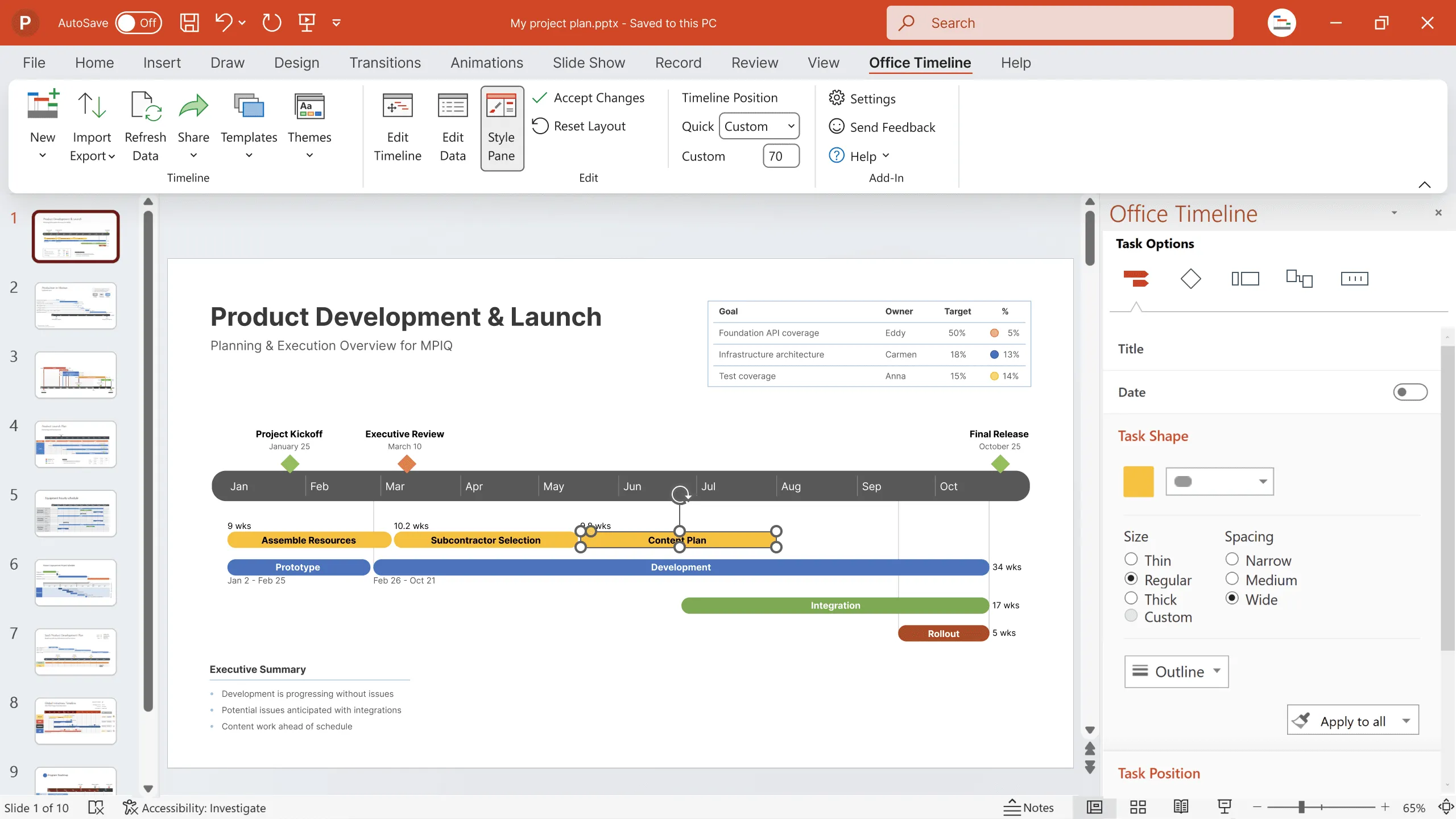[Guest post] Showing appreciation for project team effort
Explore effective ways to recognize project team efforts without personal rewards, ensuring professional and appreciated acknowledgment.

Rated 4.4 of 5 | 5511 reviews
Learn to navigate and resolve communication challenges with practical tips from our guest blogger, project management consultant Brad Egeland.

Proper, effective and efficient communication may be the single most important ingredient to project success. I feel strongly that project communication is the most important part of a PM’s daily responsibilities and overall good communication is the responsibility of every stakeholder.
Drop the ball on communication, and you might be looking at rework, a missed deadline, expenses pushing the project over budget and customer concerns or misunderstandings that can drive a project into the ground – faster than you can ever imagine.
There is no magic wand to wave that will ensure a project won’t suffer issues. Even a project that starts out with a formal communication plan in hand and a PM dedicated to staying on top of all communication channels at all times may still suffer from communication breakdowns.
Since a tightly knit, cohesive team is usually tantamount to success, it would make sense that a team that communicates well, accurately, and frequently is also more likely to experience success and be more productive. Therefore, scheduling team meetings, communication, and task and status reviews regularly is always going to be a good idea.
Keep in mind, it doesn’t always have to be a meeting. Daily updates via email can be enough to make your team feel like they know everything about the project at any given minute.
One of my business analysts on a project – who was also working on three other projects with three other project managers – told me that he received more emails from me than the other Project Managers. He said he always felt like he knew my project status much better because of this, and he knew what tasks he should be working on at any given time.
Regular meetings = a stable stakeholder environment = communications that are comfortable and open. If you are conducting – as you should be – regular project status reviews with the customer or weekly project team meetings to keep the crew focused and up to date, keep those meetings no matter what.
Even if there isn’t much to say at any given meeting, still conduct it… even if it ends up being a 5 minute talk about what everyone is doing this weekend. You never know when some piece of key project information may slip through the cracks when a meeting is canceled that should have otherwise been held.
Plus, when you start to cancel meetings, people who would normally be in attendance may feel that your meetings aren’t as critical as others they could be attending and your attendance and participation levels may drop. You’ve then lost key participants and decision makers, which can be disastrous for the project, and it’s often very difficult to rein those individuals back in.
Always, always, always follow up. Making sure everyone is on the same page after meetings, brainstorming synchs, troubleshooting sessions or after any customer communications is critical to moving forward in the right direction. Follow up with notes and ask for a 24-hour turnaround response with any feedback or changes from those involved in the discussions.
If something has changed, redistribute your communication with updates and everyone will be back on the same page again.
Communication is Job One for the project manager, in my opinion. Keep communication in order, and you’ve taken huge steps to ensuring project success and top team performance for your customer. If you are experiencing any communication issues on your project, try to identify any communication gaps that may be clouding the team’s comprehension of scope and requirements. Or, where people aren’t aligned after the meetings you’re conducting, try the tips above as a way to get things back on track.
A strong line of communication with the project client is also a very good way to keep customer satisfaction high and hopefully secure repeat business from your stakeholders.
Readers – what are your thoughts on project communication issues? What do you commonly see as communication problems on the projects and how do you best avoid or mitigate them?
IT/PM consultant and author
Tagged With:
Guest postGet the advanced features of Office Timeline free for 14 days.

Explore effective ways to recognize project team efforts without personal rewards, ensuring professional and appreciated acknowledgment.